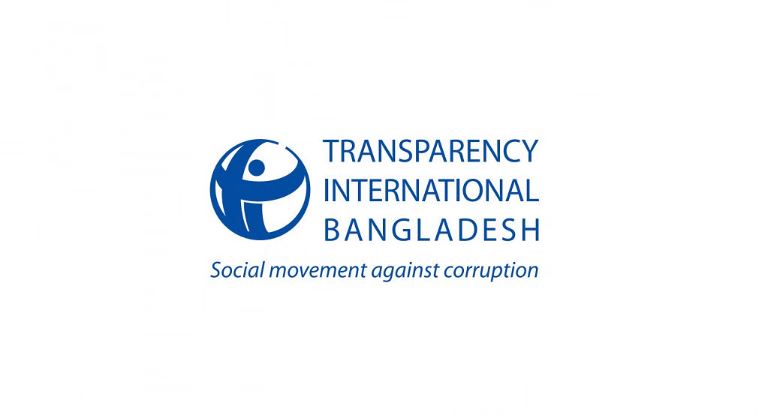Transparency International Bangladesh (TIB) expressed serious concerns regarding the absence of private sector representation in the interim government’s advisory council and the insufficient attention given to this crucial sector in ongoing policy reforms.
TIB emphasizes that the exclusion of the private sector, a key driver of economic growth, impedes the establishment of a fair and inclusive development system, as well as effective labor reforms.
In light of these issues, TIB is calling for the inclusion of representatives from privately owned businesses in the advisory council and the formation of a dedicated commission to develop a Business Integrity Strategy aimed at enhancing transparency within the industry.
Media reports have revealed that the government plans to establish four reform commissions focusing on health, media, labor, and women`s rights as part of the second phase of its reform initiatives.
While TIB Executive Director Dr. Iftekharuzzaman welcomed this initiative, he cautioned against the potential for policy frameworks to be dominated by a select few within the private sector. This could lead to unaccountable corporate practices, including corruption and collusion with political and bureaucratic entities, which may further entrench authoritarianism.
Dr. Zaman highlighted that achieving justice is impossible without the active involvement of the private sector in efforts to create a discrimination-free Bangladesh.
He stated, “The exploitative system established through the collusion between the previous authoritarian government and certain private sector actors has not only hindered the economy`s potential but also obstructed the natural development of the private sector.”
To prevent these issues from recurring and to build a sustainable economic framework, TIB advocates for a roadmap and the implementation of a Business Integrity Strategy within the private sector.
Dr. Zaman also acknowledged the importance of reforming financial, social, and political structures to prevent the re-emergence of authoritarianism. However, he expressed concern that the current state reform agenda entirely overlooks the private sector, which significantly contributes to employment in the country.
“Reforming the private sector and ensuring its active participation in ongoing reform activities is essential. Without this, addressing market disorder and restoring order to the economic system will be a formidable challenge,” he concluded.











-20260305071113.webp)



-20260304091720.webp)






-20260303080739.webp)














-20260228064648.jpg)
